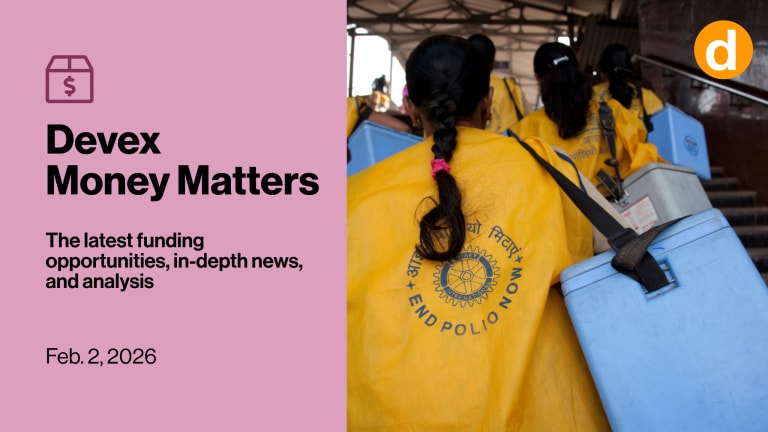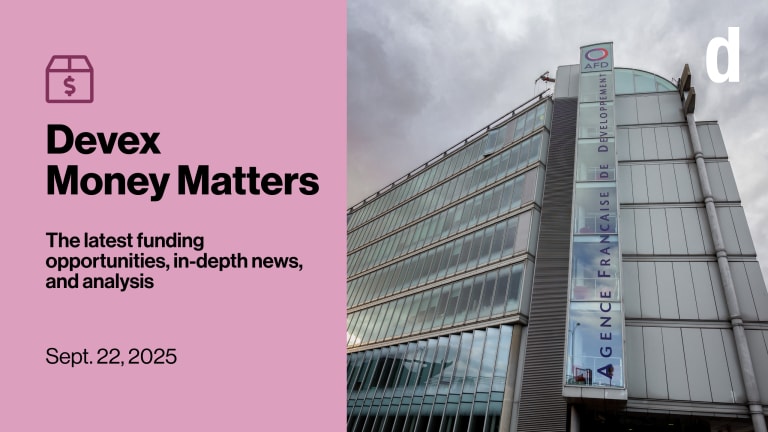Britain’s economy has been through a difficult time.
One response by policymakers has been to cut back on their development budget.
In 2020, the government decided to cut overall aid spending from 0.7% of the country’s gross national income to 0.5%. Then, the money that was set aside for development was apparently being spent at home to fund the costs of housing refugees instead of being funneled to development projects abroad.
Printing articles to share with others is a breach of our terms and conditions and copyright policy. Please use the sharing options on the left side of the article. Devex Pro members may share up to 10 articles per month using the Pro share tool ( ).








